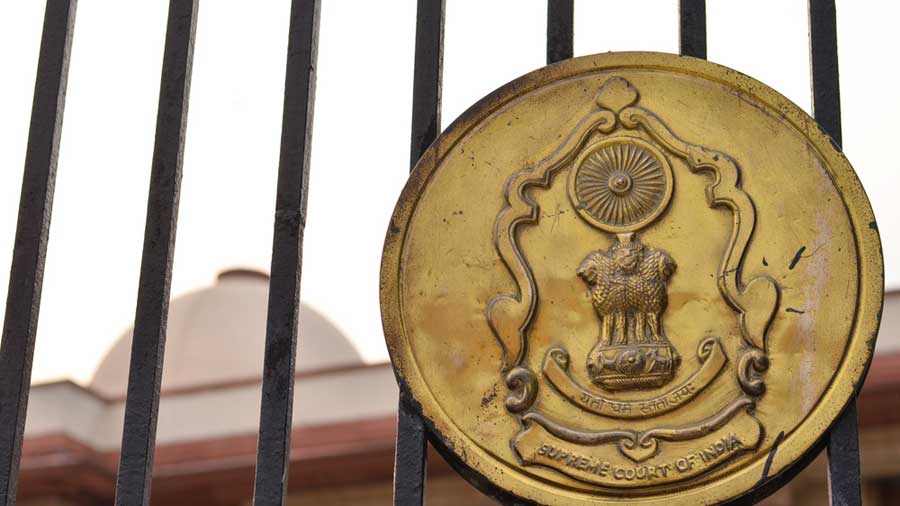A report on the farm laws prepared by a Supreme Court-appointed panel will now be made available to the public, one of the authors of report said.
Miffed by the Centre's U-turn on the laws,Shetkari Sanghatana president Anil J. Ghanwat said the report will be made available in the public domain, if the apex court does not do so.
Ghanwat said the panel's report was in “favour of farmers”. The panel will decide next week on releasing the report in the public domain.
The three-member Supreme Court-appointed committee — after studying the three farm laws and consultation with stakeholders — had submitted its report to the apex court on March 19.
Prime Minister Narendra Modi in his address to the nation this morning announced the repealing of the three central farm laws.
Criticising the move of the Prime Minister, Ghanwat said Modi chose politics over farmers’ betterment.
“Our panel had submitted several corrections and solutions over the three farm laws, but instead of using it to solve the impasse, Modi and BJP chose to backtrack. They just want to win elections and nothing else.”
The court appointed committee report has not been made public yet despite Ghanwat having requested the Chief Justice of India in a letter dated September 1, to release the report in the public domain saying its “recommendations will pave the way to resolve the ongoing farmers' agitation”.
“If these three farm laws are withdrawn, this report has no sense at all. ...If the apex court does not make it public, I will make it public.”
The committee has spent three months preparing the report. “This should not go into the dustbin. It should not happen. I will make it public,” he said.
The committee will meet on Monday and will take the views of all the three members on releasing the report in the public domain, he added.
Ghanwat said, “the other members are academicians and professionals and they don’t have anything to do with the farmers’ movement. But I am a farmers’ leader. I have to take care of farmers. I will take the initiative of releasing the panels’ report in the public domain in the interest of farmers.
The farmers, Press and the government should know recommendations made by the panel, Ghanwat said.
He said the report was in favour of farmers. “The report will be a good reference for framing future laws on agriculture.”
Apart from Ghanwat and Gulati, the other members of the committee are Pramod Kumar Joshi who is an agricultural economist and director for South Asia at International Food Policy Research Institute.
Asked what will be the fate of the report, the panel’s other member Ashok Gulati (agricultural economist and former chairman of the Commission for Agricultural) said, “It is the prerogative of the Supreme Court whether it wants to make it public or not.” With the government's decision to repeal new farm laws, the purpose of the report ends, he said.
“It’s been over a year now that farmers are protesting at Delhi border against the three central farm laws At least now, farmers don’t have a case to keep agitating. Farmers’ demand in any case has drifted away from the farm laws to make the minimum support price (MSP) legal,” he added.
The apex court had suspended the implementation of three farm laws and constituted a committee to report on these laws on January 12 this year.
Reforms loss
Calcutta-based Bharat Chamber of Commerce (BCC) claimed that withdrawing the laws will act as a break in the reform chain,
“Scrapping firms laws would act as a serious break in the reform chain that the agri and food processing sectors have been envisaging during the pandemic to come back strongly.
During the Covid period, agro-food export increased significantly. The multiplier effects of schemes like Productivity Linked Incentives and others would not be realised, as estimated,” BCC president Ramesh Kumar Saraogi said.










